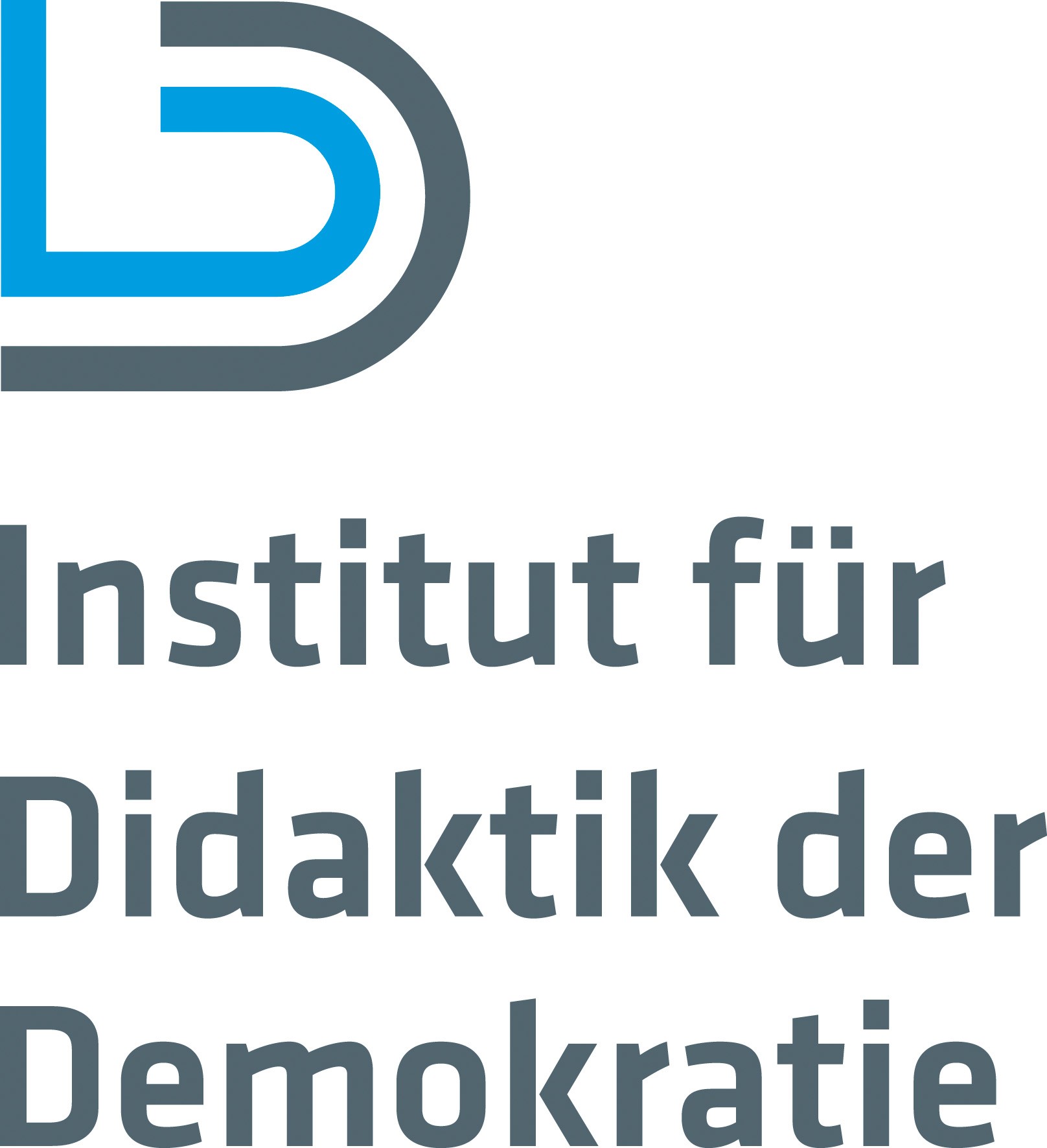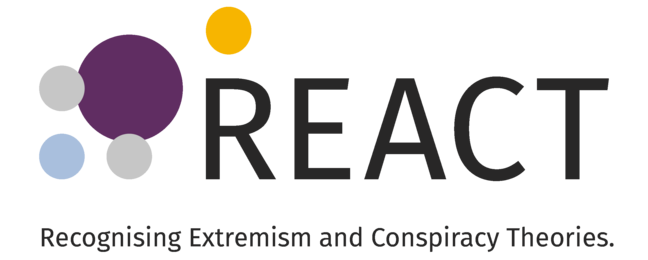
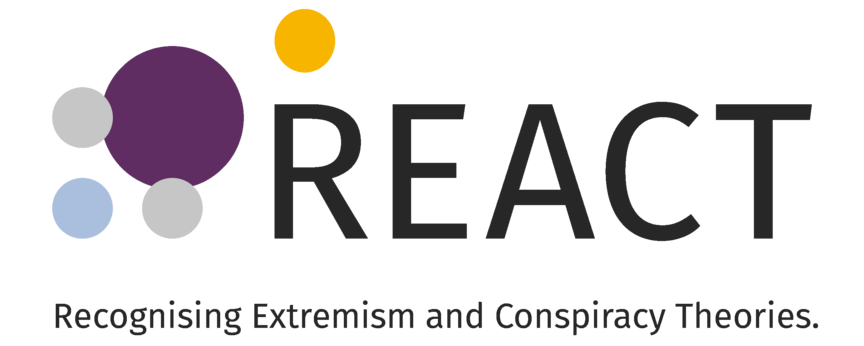
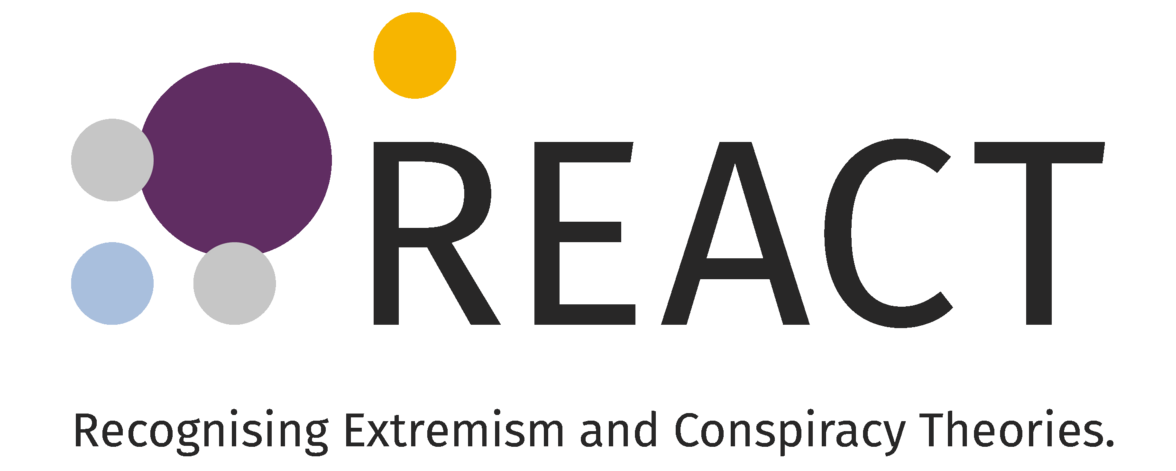
Conspiracy theories and extremist beliefs have significantly increased their influence and popularity in Europe over the past years. This development poses special pedagogical challenges to schools and teachers as studies have shown that students are also susceptible to extremist indoctrination and belief in conspiracy theories.
The Erasmus+ funded REACT project (“Recognizing Extremism and Conspiracy Theories”) takes up the identified need for teachers to recognize and deal with conspiracy theories and extremist beliefs. A transnational and multidisciplinary team of experts from theory and practice from Germany, Austria, Denmark, and Bulgaria will develop innovative diagnostic methods and effective didactic procedures for teachers to counteract conspiracy theories and extremist beliefs.
Project Manager
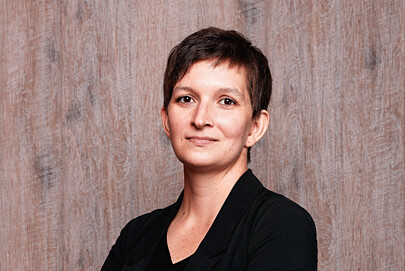
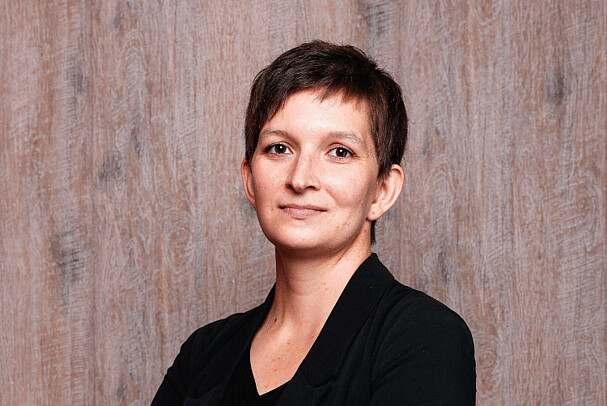
30167 Hannover


Project Lead
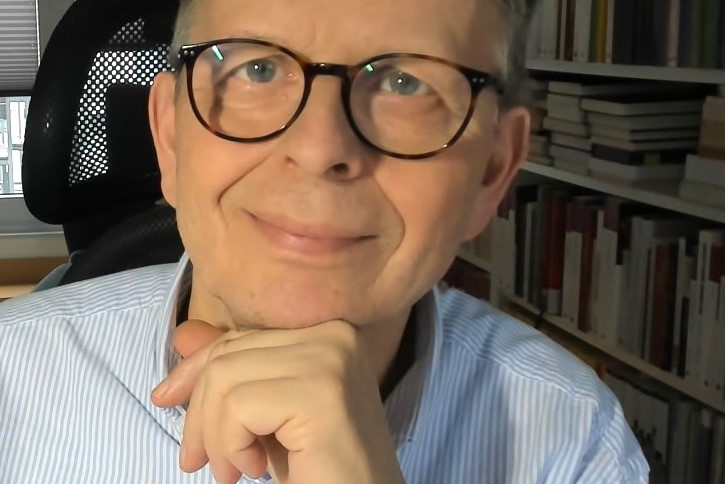
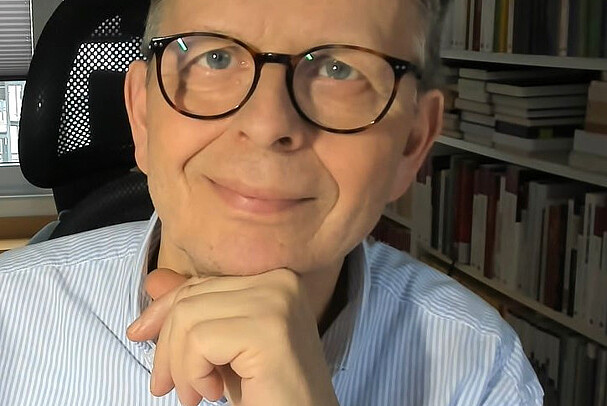
30167 Hannover


Project Supervisor
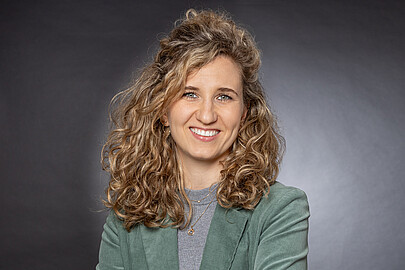
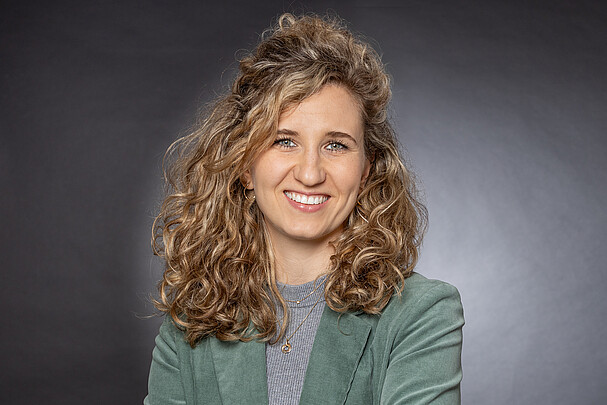
30167 Hannover


Project
-
What is the motivation for REACT?
The motivation for the project is the identified need for teachers to recognize and deal with conspiracy theories and extremist beliefs. The confrontation with conspiracy theories and related extremist beliefs by students poses special pedagogical challenges to schools and teachers and has been gaining additional relevance and influence due to recent crises, such as the Covid-19 pandemic and the related governmental responses (Vajen and Wolf 2021).
In the context of the Covid-19 pandemic, it has once again become clear that students also are susceptible to extremist indoctrination and belief in conspiracy theories (Calmbach et al. 2020). According to the Shell Youth Study, about 34 percent of young people between the ages of 15 and 25 agree with the statement that "[t]he Ger-man society is being infiltrated by Islam" (Albert et al. 2019: 78). The Sinus study has also found out that some young people pick up and spread conspiracy-theory information - especially in connection with Covid-19. In addition to the social environment (Calmbach et al. 2020), an important source for such statements is social media such as YouTube or Telegram (MPFS 2019). Moreover, studies have also shown that young people are the most important target group of extremists (Riesmeyer et al. 2020).
These recent developments should be treated with great caution. Even though some conspiracy theories seem to be harmless or express reasonable scepticism, conspiracy theories can be very dangerous at times. Often, they combine beliefs about the influence of powerful actors with pseudo-scientific, racist, and anti-Semitic narratives (Lamberty 2020; Vajen and Wolf 2021). Therefore, the goal of civic engagement based on fundamental European values and the associated active and self-determined participation in political, cultural and social life as a fundamental prerequisite of a democratic society is being jeopardized by a progression of conspiracy-theory discourses. These discourses call into question the basic democratic order, fundamental human rights and European cooperation, have explicit extremist connotations and must be classified as extremely problematic against the backdrop of a democratic society. After all, if a society can no longer agree on what is true, it will be impossible to master the pressing problems of the 21st century (Butter 2018).
-
How does REACT contribute to counteract conspiracy theories and extremist beliefs?
The REACT project aims to contribute to the preservation and strengthening of European values by counteracting conspiracy theories and extremist beliefs. From the perspective of learning theory, however, these cannot simply be changed or replaced by the provision of knowledge. Rather, they are embedded in a system of beliefs and are linked to a person's personality and identity (Rokeach 1968).
Therefore, the goal of this project is to provide schools and teachers with the tools to effectively prevent and counter conspiracy theories and extremist beliefs. The project aims to achieve this goal by creating innovative didactic materials based on the latest findings in civic education, educational science and social psychology research, and by supporting teachers in recognizing extremist beliefs and conspiracy theories and assessing their prevalence among their student body.
-
What are the concrete objectives of REACT?
Our transnational and multidisciplinary team of experts from theory and praxis will develop:
- A survey with a manual for an independent, continuous survey of the spread of conspiracy theories and extremist beliefs in schools
- A handbook with teaching/learning materials for teachers to inform about extremism and conspiracy theories as well as to initiate learning processes for students based on the identified need
Results
Output 1: Survey with a manual
This manual presents the first of the project objectives and serves as a guide to understand and implement the survey. This tool is supposed to help teachers evaluate what conspiracy theories students believe in and what topics to tackle in the classroom. The manual is availabe in English, Danish, Bulgarian and German.



Output 2: Handbook with teaching-learning activities
News & Events
Last partner meeting in Copenhagen
From November 7th to 8th, 2024 the final partner meeting for REACT took place in Copenhagen, Denmark. The meeting was hosted by our partner, Dansk Kommunikation. Over two days we worked on finalising the second output, the teaching and learning activities for the REACT handbook (IO2). One highlight of the meeting was a visit to our partner school, Flakkebjerg Efterskole where the students and teachers gave us a warm welcome and an insight into the life at the Danish boarding school.
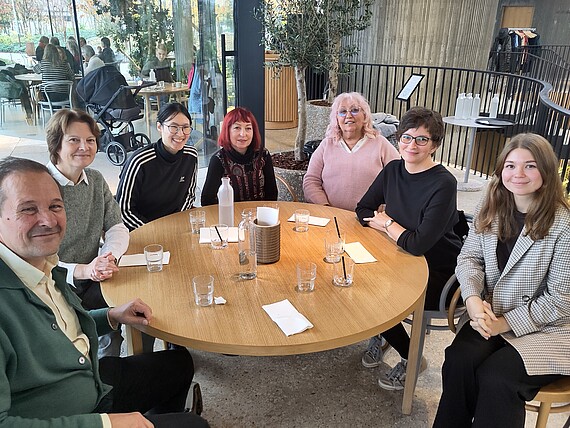
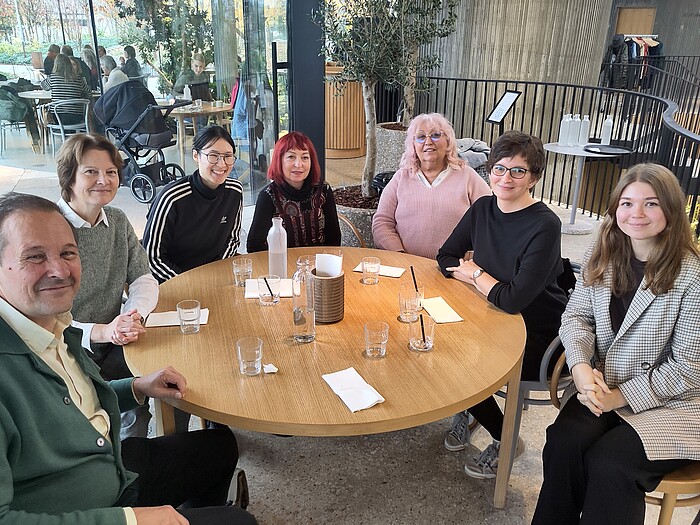
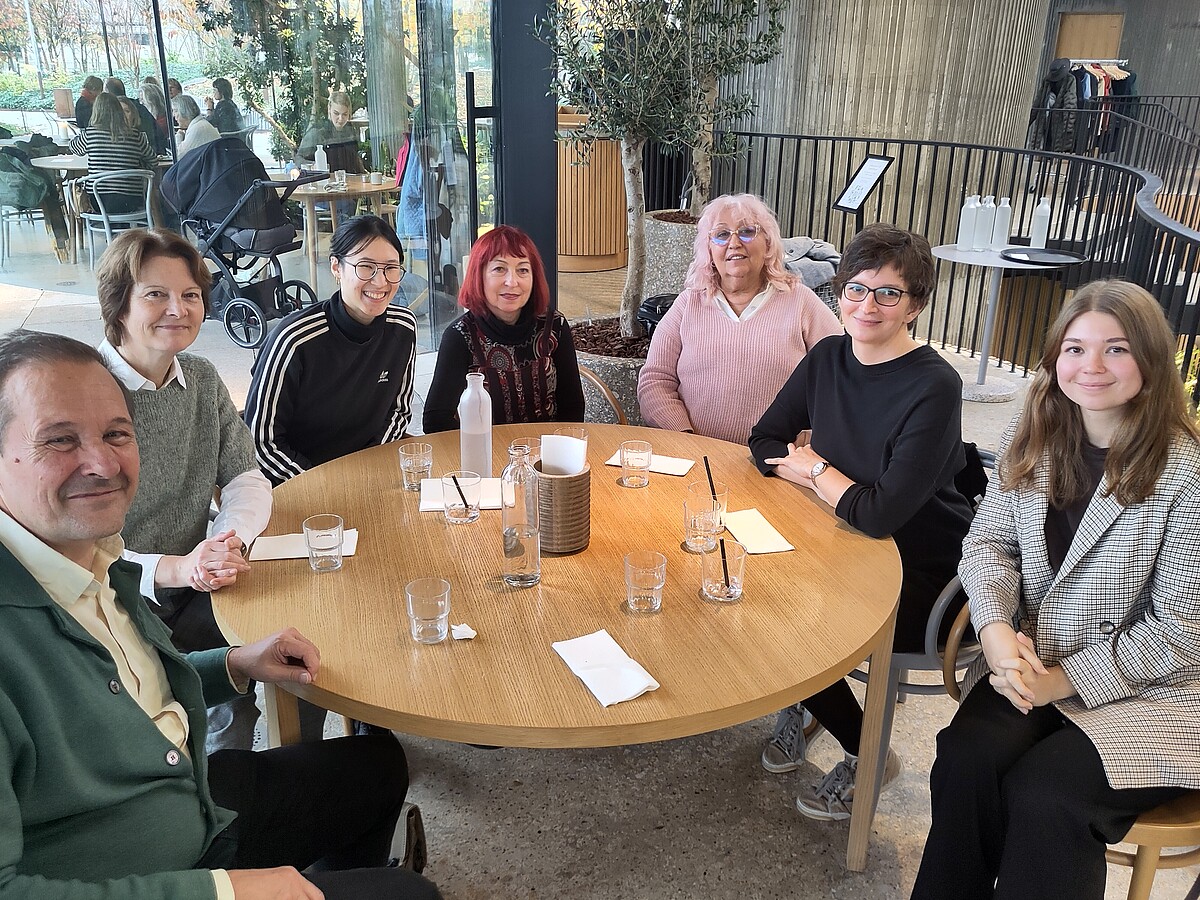
Second Partner Meeting in Vienna
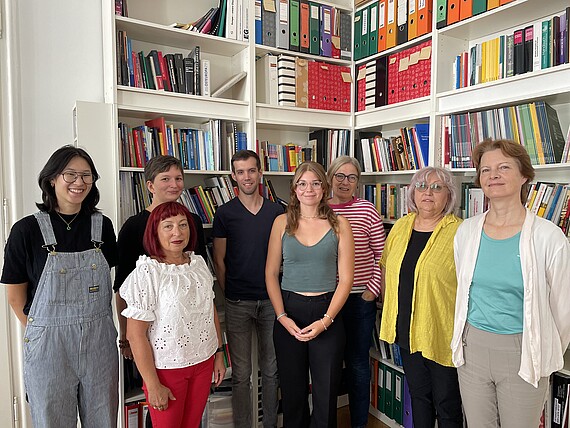
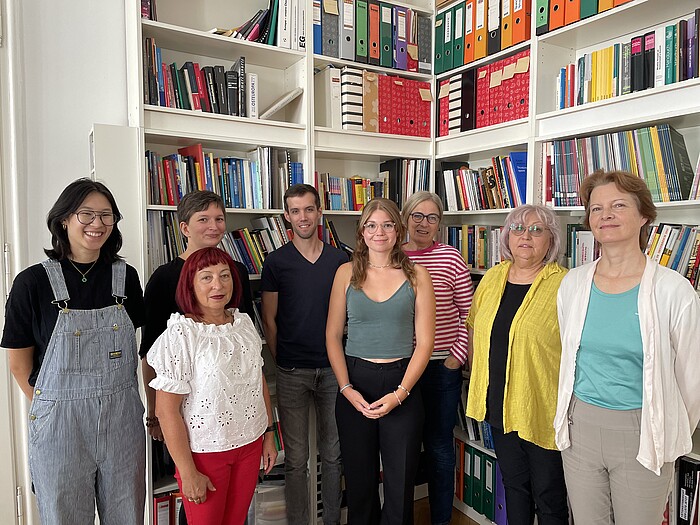
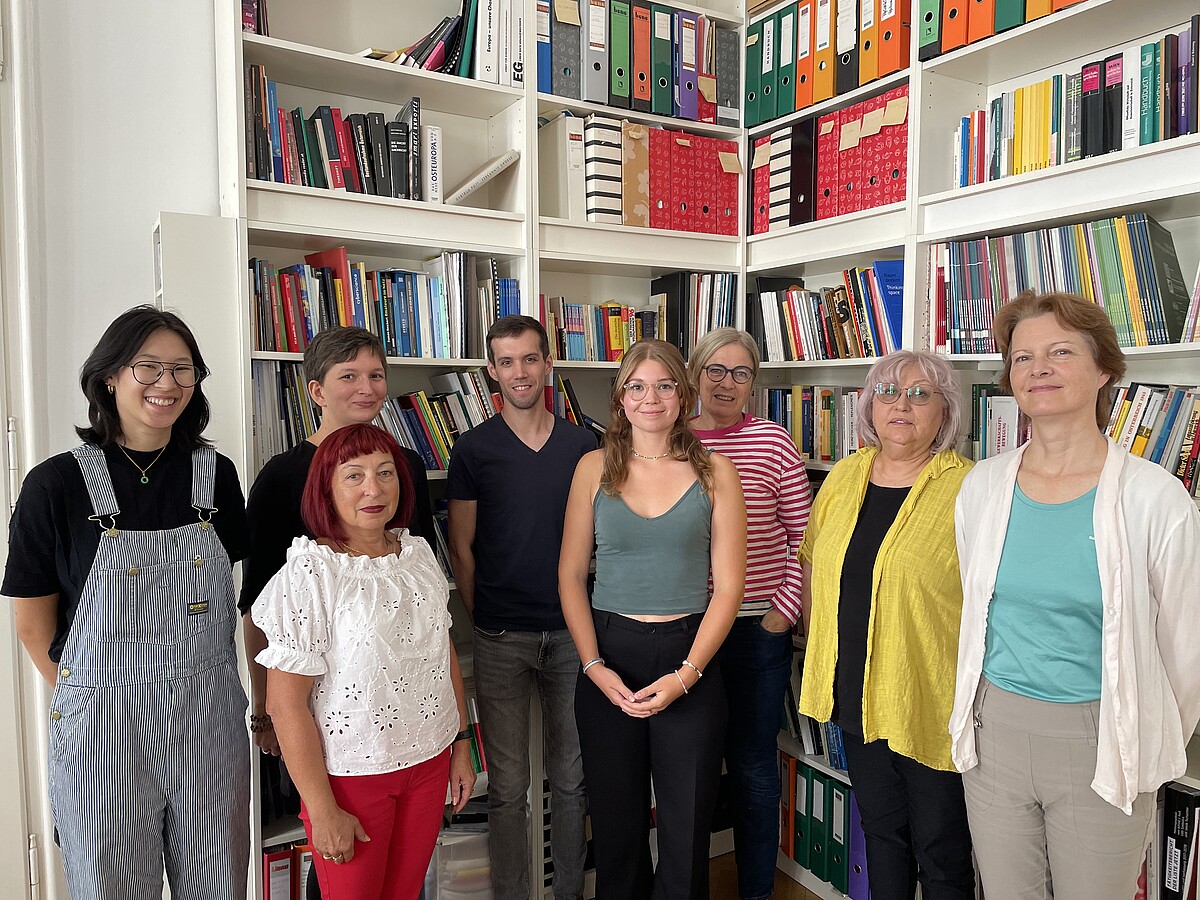
The second REACT partner meeting took place from August 31st to September 1st, 2023, in Vienna. It was hosted by our partner, Democracy Center Vienna. Since we are in the finalization period of the first output, we used the meeting to review the past months and plan the next steps for the upcoming work phases. This involved agreeing on the contents and structure for the REACT manual (IO1). Moreover, we discussed the preliminary structure for the REACT handbook (IO2). In addition, the participants engaged in lively discussions on other topics, such as dissemination and multiplier events.
The Kick-off Meeting in Hannover, 24th of June, 2022
In June 2022, the Institute of Didactics of Democracy welcomed the REACT consortium in Hannover for the project kick-off. Each partner presented their findings from national research on extremist beliefs and conspiracy theories among young people in their country. Based on the national reports, the consortium identified relevant items for the REACT survey. After the survey has been tested in a pilot-testing phase, the survey will be implemented in all participating as well as in external schools. The results obtained up to this point serve as the basis for the manual and the handbook.
About us
Institute for Didactics of Democracy



As a research institute, we focus on civic education on a national and international scale. Dealing with anti-democratic tendencies and the development of tools to challenge them is one of our core competences.
Within the REACT project, we take the role of the project coordinator and contribute decisively to the development of competencies of teachers to expand their knowledge of extremism and conspiracy theories and to help them to act against them.
Contact Persons: Alrun R. Vogt (vogt@idd.uni-hannover.de), Bastian Vajen (B.Vajen@ipw.uni-hannover.de)
Democracy Center Vienna


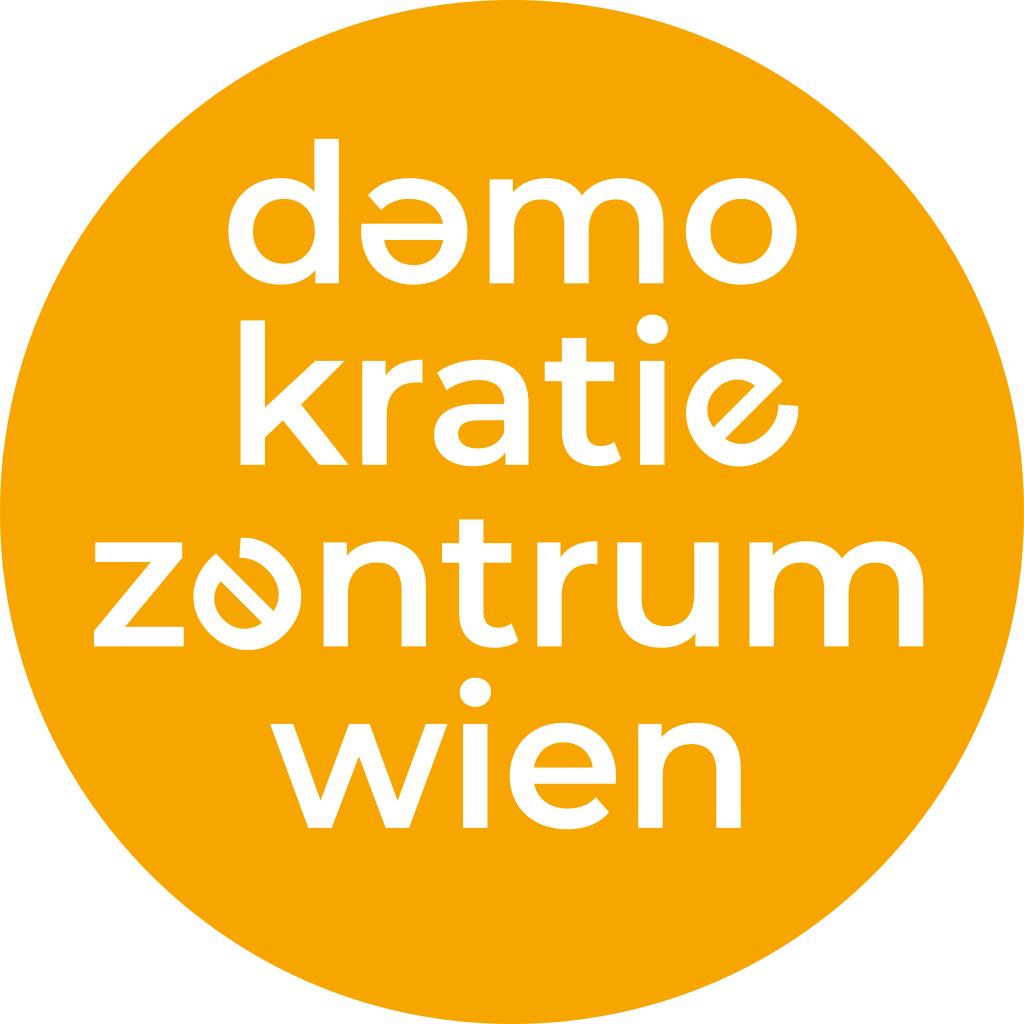
We are an interdisciplinary research institute with 20 years of experience on our main topics: processes of democratization, digital citizenship, forms of participation and citizenship education.
Within the REACT project we will contribute with empirical research about the relevance of conspiracy theories in Austria. We want to assist teachers with knowledge and materials to help them to deal with conspiracy theories and extremist beliefs.
Contact person: Arne Schrader (schrader@demokratiezentrum.org)
Website: https://www.demokratiezentrum.org/
Dansk Kommunikation ApS
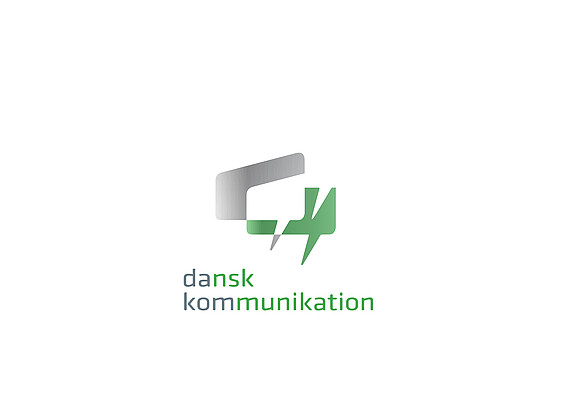
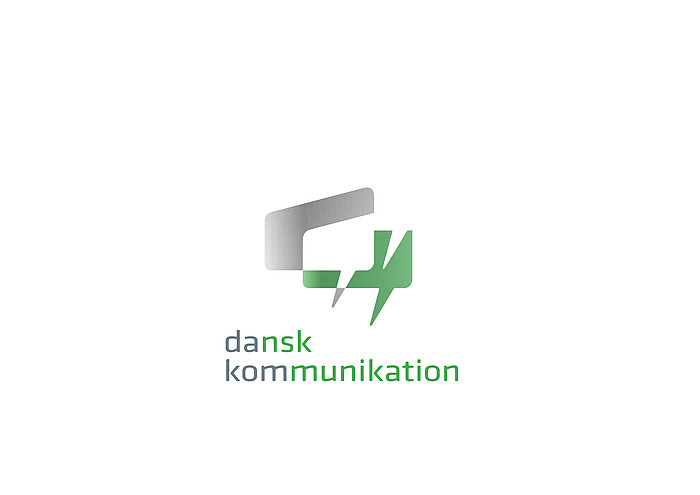
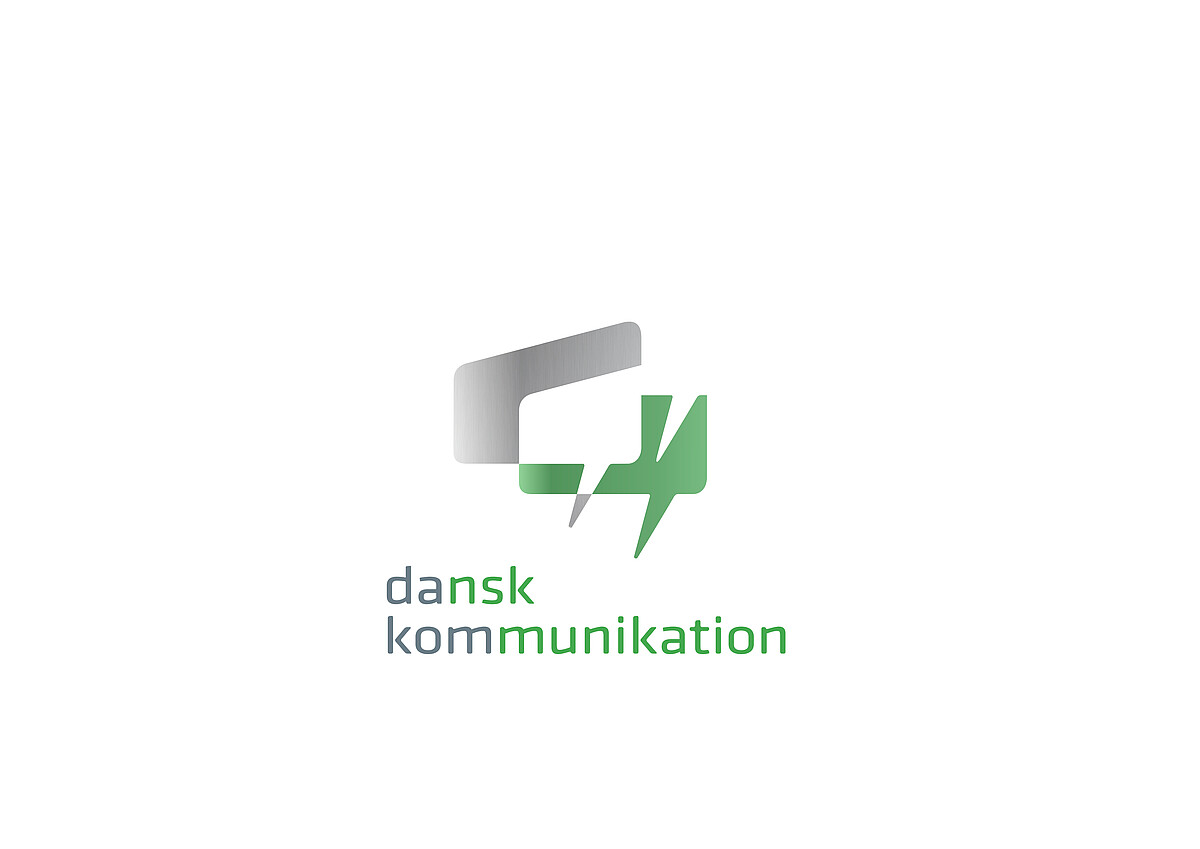
We are a private communication firm that has broad and deep experience in communicating in various political areas. This withholds long-term experience in the design and implementation of analytic research and the development of tools for learning and sharing knowledge.
Within the REACT project we will use our solid experience in designing surveys and in communicating complicated theoretical subjects in engaging ways to our target groups to assist schools and teachers to combat conspiracy theories and extremist beliefs.
Contact person: Jacob Andersen (jacob@dakom.dk)
Website: https://www.dakom.dk/
Flakkebjerg Efterskole
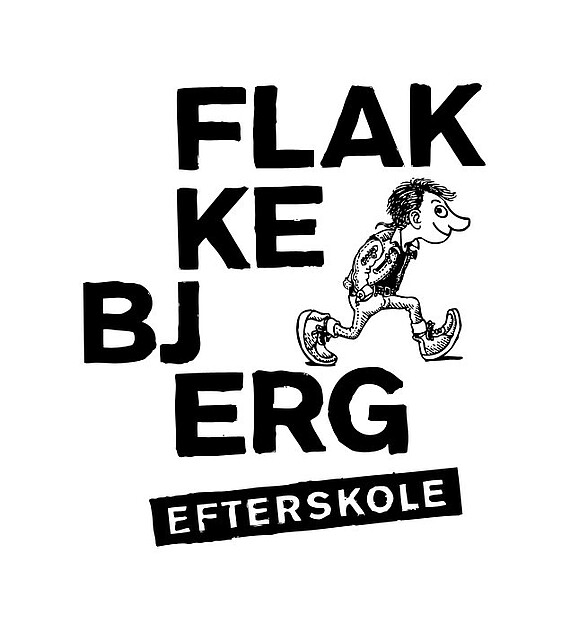
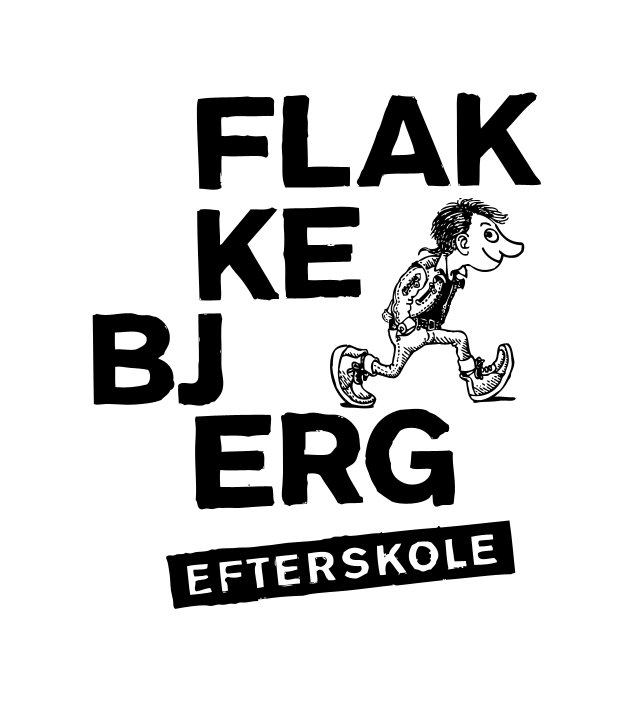

Flakkebjerg Efterskole is an independent boarding school for 9th and 10th grade students. Our curriculum follows the Danish national standards, but also focuses on the individual development of the students, hoping to create responsible citizens with a focus on democratic process, community and environment responsibility.
We will contribute to the REACT project with our long-standing expertise in the practical implementation of curricula and learning materials in schools from a Danish perspective.
Contact person: Joshua Young (josheyoung@hotmail.com)
Website: https://flakkebjergefterskole.dk/
Bundesrealgymnasium Wien 18
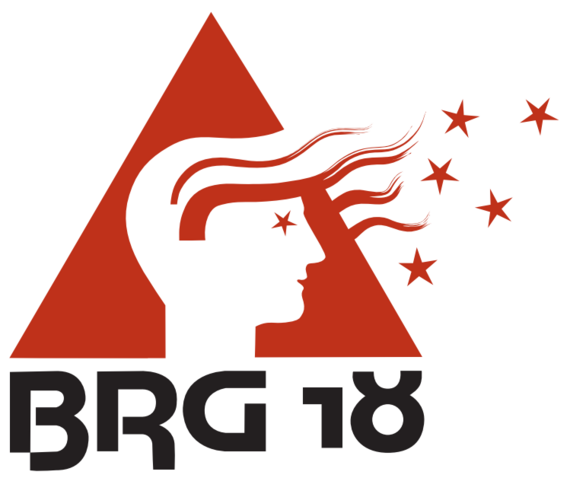

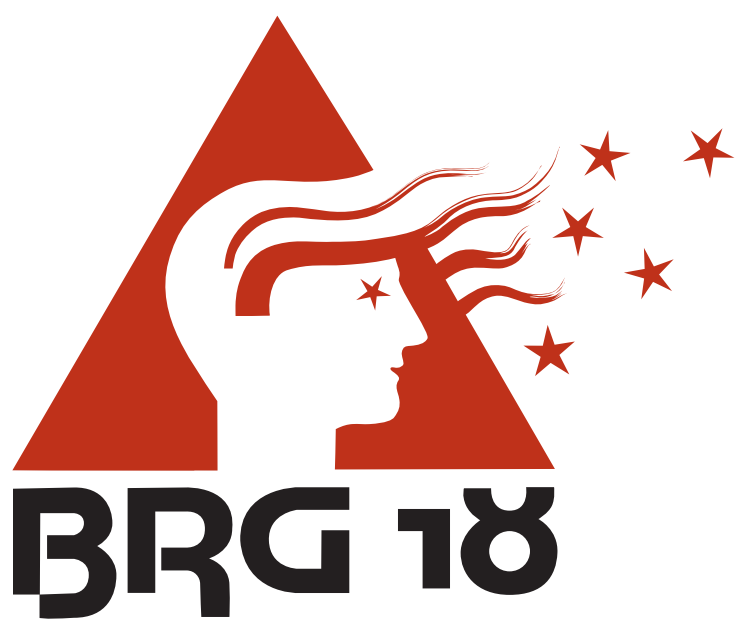
The Bundesrealgymnasium Wien 18 is a school with a focus on natural sciences with about 600 students from diverse social and cultural backgrounds from more than 30 nations. Next to following the Austrian national standards, we strive to support the students become responsible citizens in a democracy by offering additional projects and workshops, such as panel discussions with representatives from the EU and national parties, and a student newspaper and broadcast.
We will support the REACT team with our expertise in school practise and especially with our insights into the lifeworld, problems and interests of Austrian students, and thus helping schools and teachers to combat conspiracy theories and extremist beliefs as a whole.
Contact person: Ilse Wolfram (wol@rg18.ac.at)
Website: https://www.rg18.ac.at/
Ethnotolerance



NGO “Ethnotolerance” was founded in 2002 by a group of lecturers from the University of Shumen. The main goal of “Ethnotolerance” is to encourage and support cooperation and knowledge between diverse groups, especially in regard to civil and intercultural education. Our projects and activities include mainly young people and students and the organization seeks a base for the mutual existence of ethnocultural societies. Furthermore, we participated in the Erasmus+ founded TEACH project, which also addressed conspiracy theories and extremist beliefs, and we will transfer our experiences and expertise from the TEACH project to the REACT project to help schools and teacher to deal with conspiracy theories and extremist beliefs.
Contact person: Yanka Totseva (totseva@academyteachers.bg)
Website: http://www.ethnotolerance.org/bg/
Leonore Goldschmidt-Schule – IGS Mühlenberg
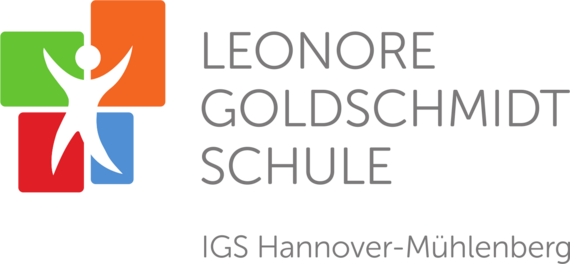
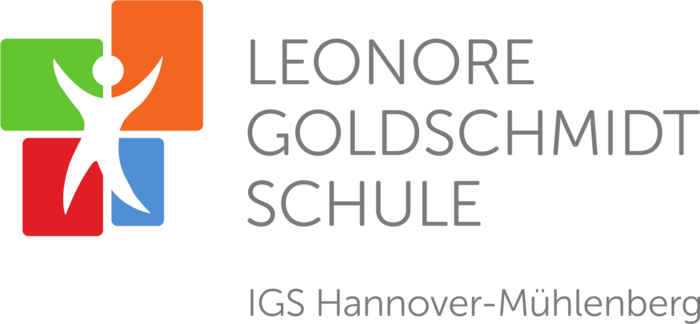

Leonore Goldschmidt Schule is a big comprehensive secondary school with about 1850 students from more than 40 nations. On top of teaching the ordinary set curriculums, this very multicultural school has been particularly occupied with global and European topics in cooperation with students from different nations for many years. We are a certified European School and a European Eco-School. Moreover, we are also an experienced Erasmus+ project partner.
To the REACT project we will contribute our long-term experiences with the topic of political extremism, especially from a perspective of German students and teachers, and our expertise in strengthening the support and trust in democratic institutions through education in schools.
Contact person: Marius Eckert (marius.eckert@leogos.de)
140th High School “Ivan Bogorov”



At 140th High School “Ivan Bogorov” about 700 children from different kind of minorities,
ethnic groups and refugees are taught at the school from the 1st to 12th grade as well as children in the school’s kindergarten. Promoting social inclusion is of our main concerns next to preparing our students for their professional careers. Therefore, the school has participated in various projects of the Bulgarian Ministry of Education and Science to promote teachers' commitment to social justice, equal opportunities and work with minorities and refugees.
As part of the REACT project, we will contribute relevant empirical information about the prevalence of conspiracy theories and extremist beliefs among young people in Bulgaria, as well as our expertise on developing educational materials.
Contact person: Maya Zafirova (ivanbogorov@140su.com)



This project has been funded with support from the European Commission. This communication reflects the views only of the author, and the Commission cannot be held responsible for any use which may be made of the information contained therein. Project Number: KA220-NI-21-36-34412
